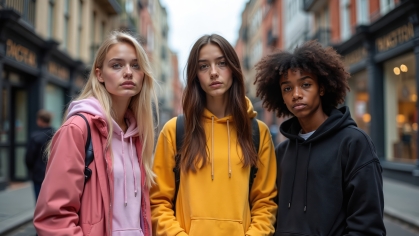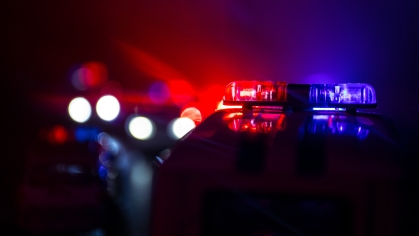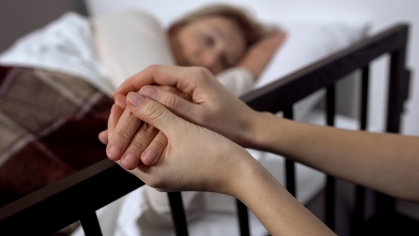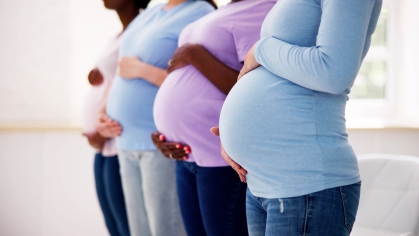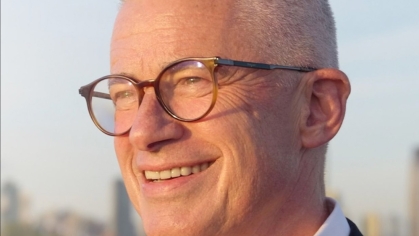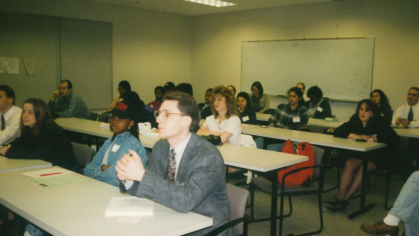
For three decades, the Rutgers School of Public Health’s Center for Public Health Workforce Development has brought together public health professionals, scholars, and students for its annual Public Health Symposium—an event dedicated to knowledge-sharing, collaboration, and forward-thinking solutions.
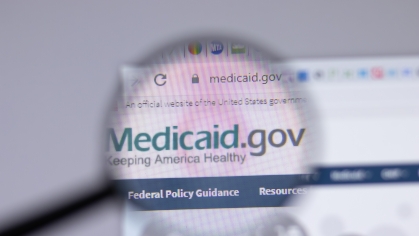
Medicaid plays a crucial role in the U.S. healthcare system, providing coverage to millions of individuals, including children, older adults, and people living with disabilities.
We sat down with Gwyneth M. Eliasson, an assistant professor at the Rutgers School of Public Health, in recognition of Medicaid Awareness Month to break down what Medicaid is, who it serves, and what’s at stake.
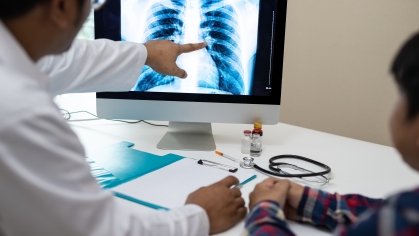
Tuberculosis (TB) is likely the world’s leading cause of death from a single infectious agent, according to the World Health Organization (WHO). In 2023, 10.8 million people fell ill, and 1.25 million people died from TB, which is a curable and preventable disease of poverty.
We sat down with Stephan Schwander, associate professor at the Rutgers School of Public Health, ahead of World TB Day to raise awareness for the disease and highlight ongoing research and efforts to eradicate it.
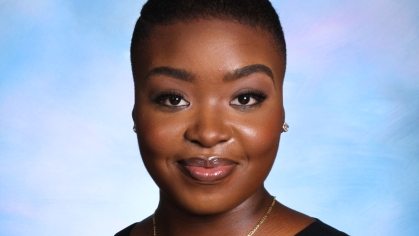
Miss Newark USA 2024 Osasenaga Iyamu has challenged societal expectations and carved a path that intertwines public health, pageantry and mentorship.
As a student at the Rutgers School of Public Health, Iyamu is earning her Master of Public Health degree in Environmental Health Sciences in May 2025.
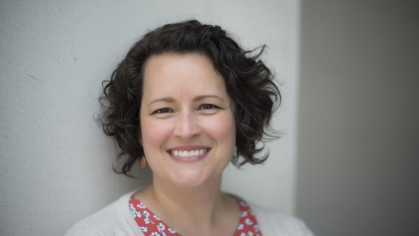
In May 2024, Becky Ofrane became part of the inaugural cohort of Doctor of Public Health (DrPH) graduates at the Rutgers School of Public Health. With a career spanning biochemical engineering, environmental health, and maternal and child health, she has demonstrated a steadfast commitment to improving public health systems and outcomes.
